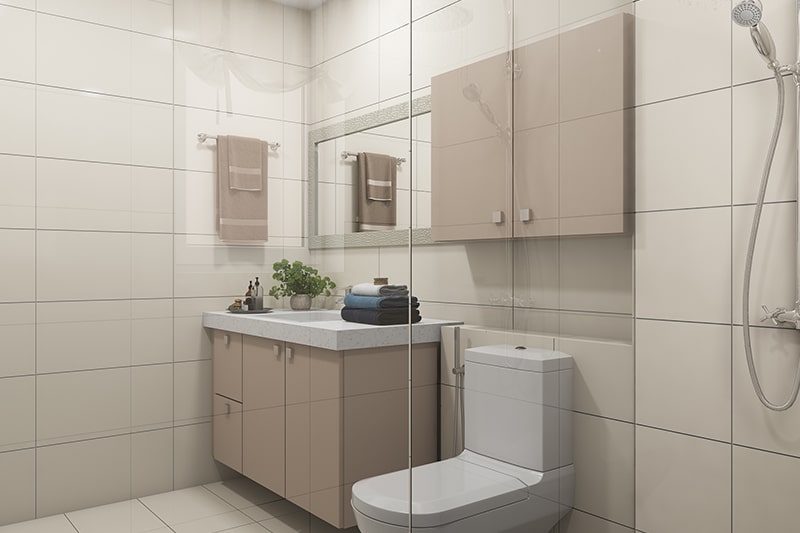As global energy consumption continues to rise, the need for more sustainable and efficient heating solutions has never been greater. Among the most promising technologies reshaping the way we heat our homes are heat pumps. These devices, which have been around for decades, are gaining increasing attention for their energy efficiency and environmental benefits. Heat pumps work by transferring heat rather than generating it through combustion or resistance. Unlike traditional furnaces or boilers that burn fuel to produce warmth, heat pumps use electricity to move heat from one location to another. In the winter, they extract heat from the outside air, ground, or water and bring it into your home. In the summer, they can reverse the process, acting as air conditioners by transferring heat from inside your house to the outside. This bi-directional functionality is one of the key factors behind their versatility.
One of the most significant advantages of heat pumps is their efficiency. Traditional heating systems typically have an efficiency rate of around 85-90%, meaning a substantial amount of energy is wasted in the form of exhaust gases or heat loss. In contrast, heat pumps can achieve efficiencies of 300-400%, meaning for every unit of electricity consumed, they can produce 3-4 units of heat. This incredible efficiency is due to the fact that heat pumps do not generate heat; they merely transfer it, making them far less energy-intensive. In addition to being highly efficient, heat pump brands are also environmentally friendly. Because they run on electricity, they can be powered by renewable energy sources, such as solar or wind power, which significantly reduces their carbon footprint. In fact, the use of heat pumps is one of the most effective ways to lower greenhouse gas emissions in residential heating. As more homes adopt this technology, we can expect to see a significant reduction in the reliance on fossil fuels for heating purposes.
Moreover, heat pumps are low-maintenance and durable. With fewer moving parts than traditional heating systems, they have a longer lifespan and require less frequent repairs. This makes them a cost-effective solution in the long run, even if their initial installation cost can be higher than that of conventional heating systems. The good news is that governments and energy companies are increasingly offering incentives and rebates to help homeowners make the transition to heat pumps. heat pumps are changing the game in home heating by offering a more energy-efficient, environmentally friendly, and heat pump vs gas boiler cost-effective alternative to traditional systems. As the technology continues to improve and becomes more accessible, we can expect heat pumps to play an even larger role in the push for a sustainable future.
 Additionally, on-site health services foster a proactive approach to healthcare. Regular monitoring and preventive care become more feasible when healthcare providers are available within the community. Routine screenings, health assessments, and vaccinations can be administered more regularly, helping to catch potential health issues before they become severe. This proactive approach contributes to better overall health outcomes and can potentially reduce the need for emergency interventions. The presence of health services within senior living communities also enhances the coordination of care and you could look here to
Additionally, on-site health services foster a proactive approach to healthcare. Regular monitoring and preventive care become more feasible when healthcare providers are available within the community. Routine screenings, health assessments, and vaccinations can be administered more regularly, helping to catch potential health issues before they become severe. This proactive approach contributes to better overall health outcomes and can potentially reduce the need for emergency interventions. The presence of health services within senior living communities also enhances the coordination of care and you could look here to 
